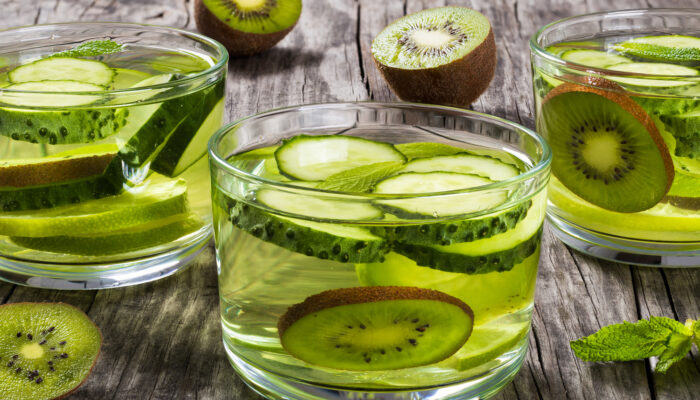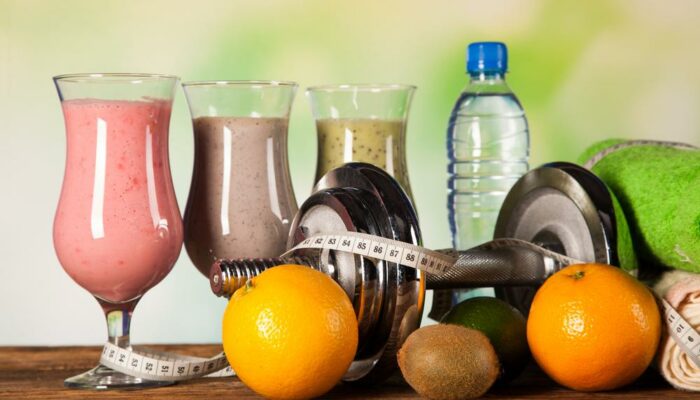
Causes and Trigger Foods for GERD
Gastroesophageal reflux disease is a gastrointestinal ailment of the Lower Esophageal Sphincter (LES), which lies between the stomach and the esophagus. Several people, including pregnant women, are affected by this condition, and typical trigger foods for GERD can worsen it. Medication and healthy dietary habits, on the contrary, can help a person lower the effects of GERD.
GERD is the abbreviation for gastroesophageal reflux disease. Reflux describes the backflow or return of any substance, and gastroesophageal reflux refers to the backflow of stomach acid into the esophagus. The LES is a bundle of muscles that acts as a partition between the esophagus and stomach and prevents the backflow of any contents of the stomach into the esophagus. During digestion, the LES unlocks to permit the passage of food into the stomach, and it immediately closes back to prevent the backflow of the food into the esophagus after that. However, in people with GERD, the LES partition fails to work correctly. As a result, the acids from the stomach move into the esophagus and cause acid reflux. This condition can worsen depending on the severity of the malfunctioning of the LES.
1. Causes
Beverages like coffee and anything with alcohol, fried or fatty foods, chocolate, and such are trigger foods for GERD. These foods are responsible for causing acid reflux and heartburn. Research shows that smoking can relax the LES, and pregnancy and obesity may also play a role in causing GERD.
2. Identifying the severity of GERD
The level of severity of GERD depends on the malfunctioning of the LES. It also depends on the amount and nature of food and acid that flows back into the esophagus from the stomach. The most common symptom of GERD is the feeling of accumulation of acid or heartburn. Sometimes, it can also feel like chest pain if the effects of the condition are severe. Many people experience this discomfort after eating, and it can also lead to an inability to get proper sleep. The condition also hinders the rate of metabolism, resulting in decreased nutrient absorption. Vomiting, swallowing difficulties, and the feeling of a lump in the throat are some of the symptoms of GERD.
3. Trigger foods for GERD
Trigger foods for GERD are the ones that cause acid reflux. Different foods have varying effects on people, so the range of trigger foods differ accordingly. Here are some common foods that can cause heartburn and GERD:
- Coffee
- Chocolate
- Onions
- Fried foods
- Citrus fruits
- Black pepper
- Peppermint
- Tomatoes
- Carbonated beverages
4. Why is it important to avoid foods that trigger GERD?
Late night meals and eating large portions of food can result in elevating acid reflux levels. Trigger foods for GERD worsen heartburn and acid reflux, and consuming these foods at night can also cause indigestion, along with discomfort and disturbances in sleeping habits.
Proper exercise and eating small and healthy meals can help in getting rid of the immense discomfort that accompanies GERD.



